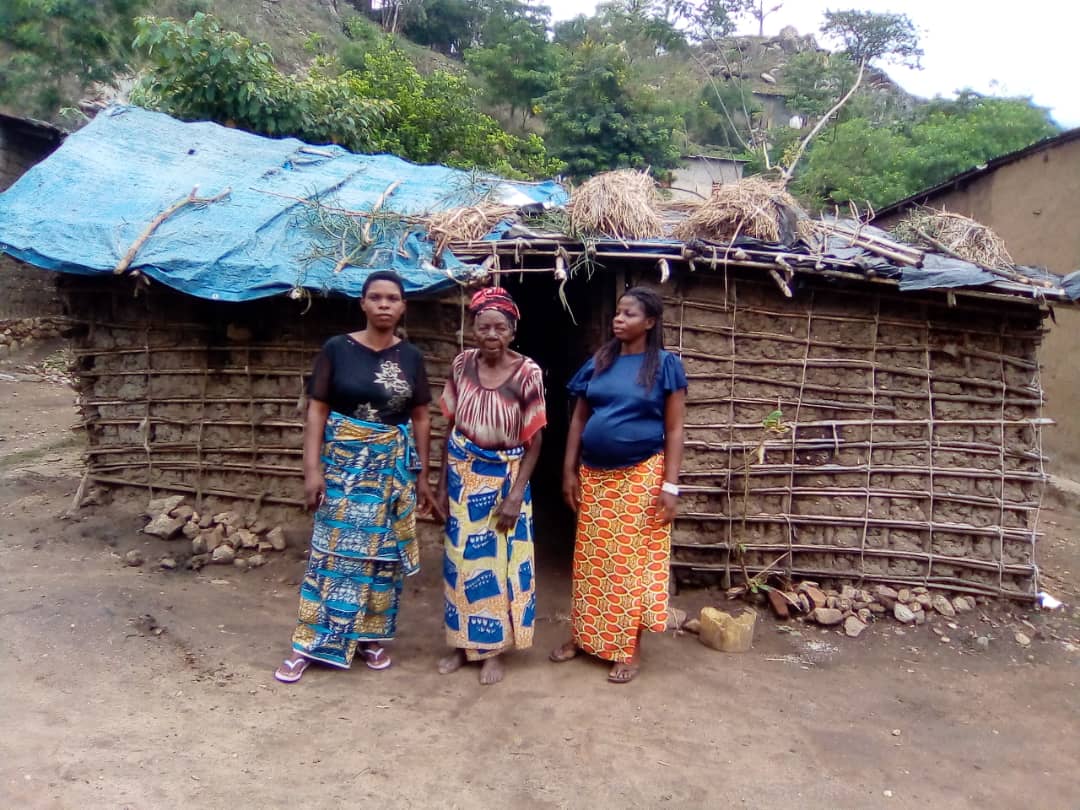
Accommodation for pilgrims – Fourth Corporal Work of Mercy
The Works of Mercy through the eyes of a biblical scholar
Exactly one week before the start of the “formation” that will see Spazio Spadoni engaged for a fortnight on the theme of the Works of Mercy, we continue our in-depth study on the subject with the help of biblical scholar Carlo Miglietta.
The fourth Work of Corporal Mercy is “housing pilgrims”

The biblical scholar points out to us that he who performs this work is similar to:
- God: “The earth is mine, and you are with me as strangers and tenants” (Lev 25:23); “I will receive you, and I will be to you as a father, and you shall be to me as sons and daughters” (2 Cor 6:17-18).
- Jesus, who welcomes the crowds: “He welcomed them and began to speak to them about the Kingdom of God and to heal those who were in need of care” (Lk 8:40); “Come to me, all you who labour and are overburdened, and I will give you rest” (Mt 11:28); “So you are no longer strangers (“pàroikoi”) or guests, but you are fellow citizens with the saints and family members (nrd: “oikèioi”: note the pun) of God” (Eph 2:19).
- Abraham, who by hosting three men at Mamre welcomes God himself (Gen 18; 19:1; Heb 13:2).
- Job: ‘In the open air the stranger did not pass the night, and to the wayfarer I opened my gates’ (Job 31:32).
The biblical scholar also reminds us that those who welcome strangers hear the Word of God
Below some excerpts:
- “You shall not molest the stranger nor oppress him, for you were strangers in the land of Egypt” (Ex 22:20;23:9).
- “You shall not infringe the right of the stranger…, but you shall remember that you were a slave in Egypt and that from there the Lord your God delivered you” (Deut 24:7-18).
- “The stranger dwelling among you you shall keep as he who is born among you; you shall love him as yourself because you also were strangers in the land of Egypt” (Lev 19:33-34; cf. Deut 27:9).
- “Cursed is he who violates the right of the stranger, the orphan and the widow!” (Deut 27:19).
- “Whoever welcomes a prophet as a prophet shall have the prophet’s reward, and whoever welcomes a righteous man as a righteous man shall have the righteous man’s reward” (Mt 10:41).
- “Whoever receives him whom I send, receives me; whoever receives me, receives him who sent me” (Jn 13:20).
- “He came among his people, but his own did not receive him” (Jn 1:11).
- “Practice hospitality towards one another, without murmuring” (1 Pet 4:9).
- “Be solicitous for the needs of your brothers, considerate in hospitality” (Rom 12:13).
- “Welcome among yourselves those who are weak in faith, without questioning their hesitations” (Rom 14:1).
- “Do not forget hospitality; some, practising it, have welcomed angels without knowing it” (Heb 13:2; cf. Gen 18:3; 19:2).
The biblical scholar leaves us at the conclusion of this work with a provocation, a question: do we know how to be “fishers of men” (Mk 1:7), identifying those who welcome foreigners and proclaiming to them the beatitude of mercy that reads “Blessed are the merciful” (Mt 5:7)?
Welcoming in the HIC SUM project

Welcoming is one of the fundamental elements characterising the HIC SUM (Hebrew for “Here I am”) project, conceived, promoted and supported by Spazio Spadoni.
- First of all, both the missionary congregation and the Italian association welcome the project in order to start structuring it.
- The association and the Italian community prepare to welcome the nun who will spend about six months with them.
- When the sister returns to her community, she will report on her experience and the proposal to start a small social enterprise. At the same time, the sister will start to form a group of volunteers to do Works of Mercy with her. The locals, the community, the parish priest, the volunteers, will welcome the sister’s proposal.
- In the projects in the Democratic Republic of Congo and in Rwanda, the volunteers worked to build housing for some destitute people in the villages, so that they too could experience welcome and care.
- The nun and her congregation will welcome Italian volunteers who will live the missionary experience in their community for a period.
- At the same time, Spazio Spadoni, welcomes the actors of the project in the “space” available to all.
Learn more about the HIC SUM project
Bibliography
![]() Carlo Miglietta – Le Opere di Misericordia
Carlo Miglietta – Le Opere di Misericordia
 Carlo Miglietta – Works of Mercy
Carlo Miglietta – Works of Mercy
 Carlo Miglietta – Oeuvres de miséricorde
Carlo Miglietta – Oeuvres de miséricorde
Read Also
Dressing the naked – Third Corporal Work of Mercy
Giving drink to the thirsty – Second Corporal Work of Mercy
Feeding the hungry – First Corporal Work of Mercy
The Works of Mercy from Brazil to Italy
